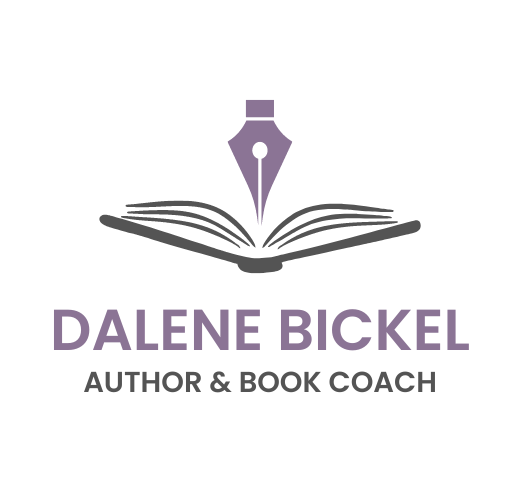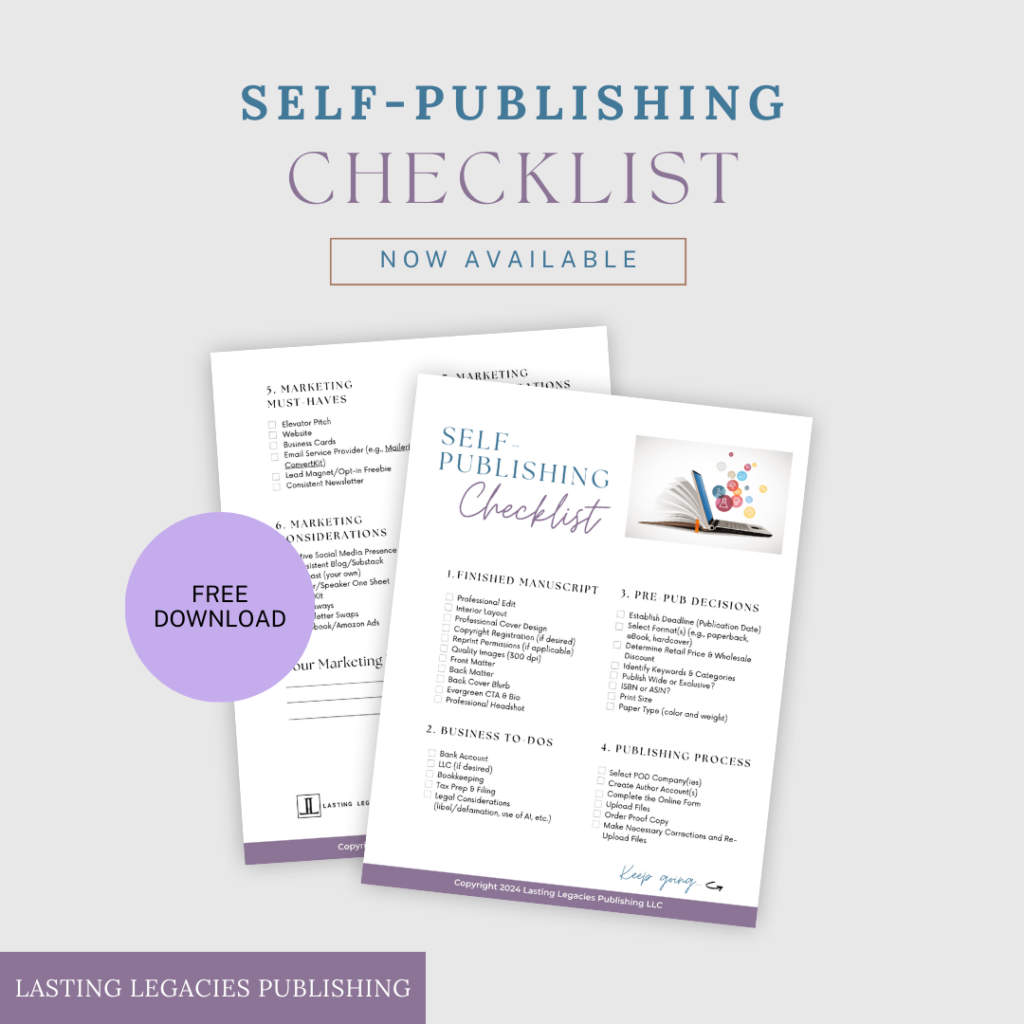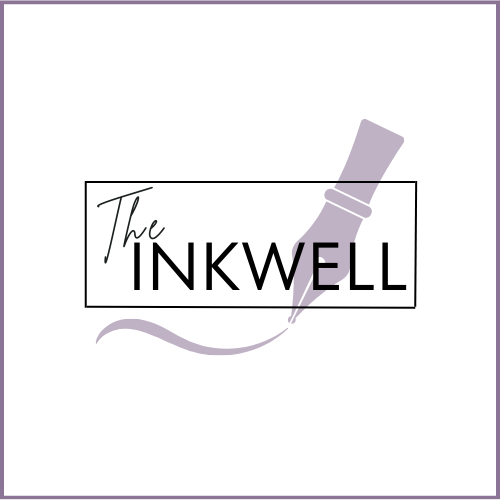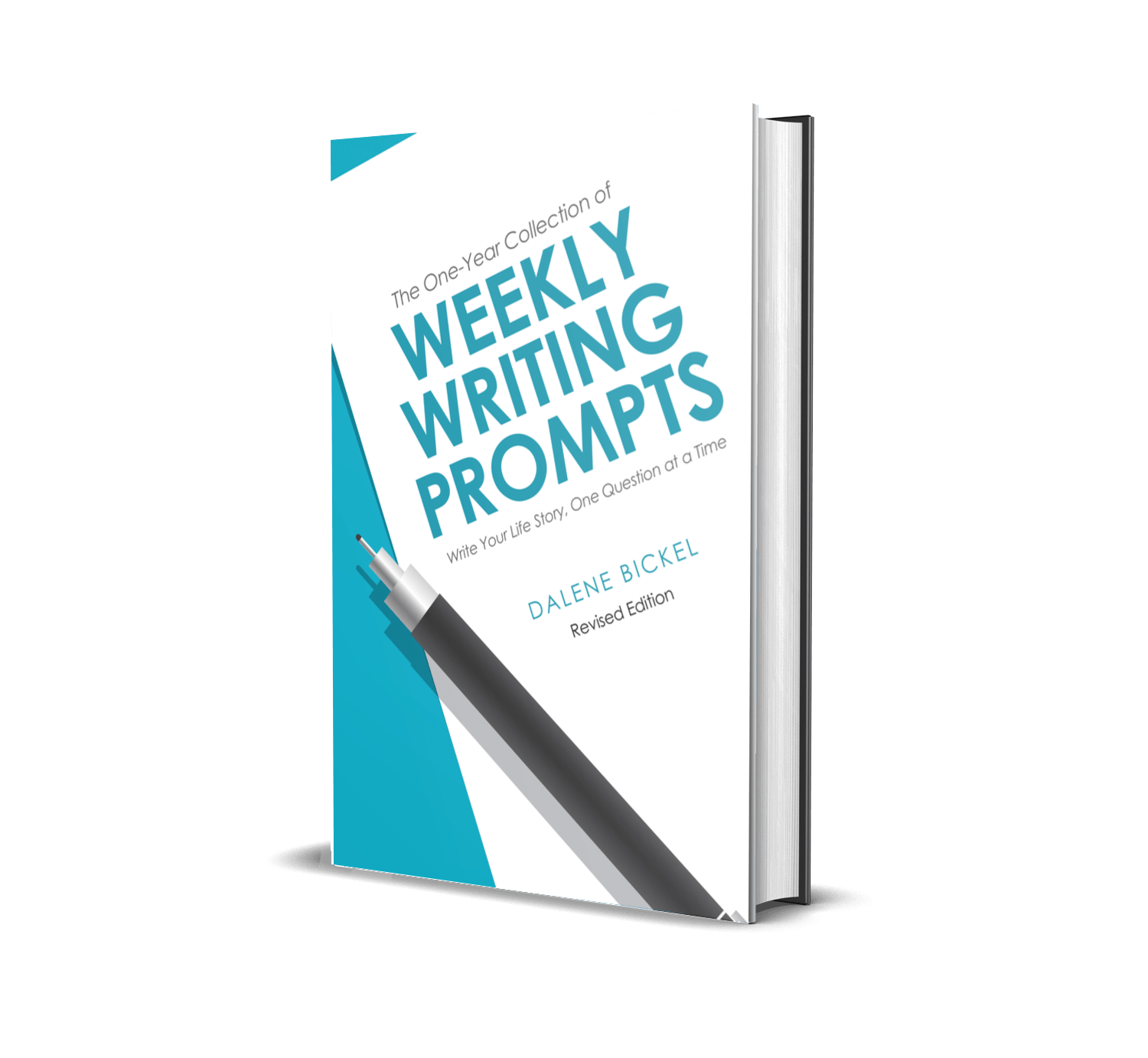LISTEN
WATCH
READ
Today I’m kicking off what I’m calling the Author Summer School, and it all came about for two reasons.
First, this week my youngest son is doing his behind the wheel training of driver’s training. He knows the basics of driving since he went through the classroom portion, but sitting in a classroom is not the same as actually being behind the wheel. We always have to start out with the fundamentals.
As I dropped him off for the first day, the instructor made sure that his seat was adjusted to his height, that he could see out of the mirrors – that they were adjusted properly; all the fundamentals that those of us who’ve been driving for a long time don’t consciously think about anymore because they’re such an ingrained habit.
And that clicked in my mind as far as writers go.
I have been doing this for a very long time – since 2006 on my own, but I had worked within a publishing company for many years prior to that.
A lot of what I do without even thinking about it anymore is brand new to a lot of you who are just beginning writers or aspiring authors.
Even those of us who have been doing it for a while, it’s always good to have a refresher. And that was honed in when I was on a webinar this week and one of the questions that was asked in the chat was, “Is a website the same as a platform?”
For the record, they are related but they’re not the same. But it was that question that made me realize:
Sometimes need to just go back to the basics and look at the fundamentals.
So I decided to create an Author Summer School, which is what I’m going to be focusing on from now until the end of July with the podcast. I’ll be digging into some of the basics, as well as some of the practical sides of things.
I know I’ve been dealing a lot with mindset and some of the overarching aspects of writing these past few weeks, but now I thought maybe we should dig into the fundamentals and the practical aspects. Let’s get started.
6 Things Every Author Needs
#1 Establish a Goal
A goal will help you identify how you’re going to write and promote your book.
If you don’t have a goal or plan in place at the outset, then you’re going to end up backtracking at times. You’ll also be more likely to spend more money when you don’t have a plan in place.
It’s so much better to have something in mind and a goal to reach for than it is to just be scattered and doing everything all “willy-nilly” as my grandmother used to say.
It really does help to have a goal. So what should your goal be?
The answer to that is unique to you.
Here are a few questions to help you get started with your goal planning:
- Are you going to write just one book?
- Or are you planning to write many?
- Is this writing thing going to be a side hustle or is it going to be your career?
- Do you plan to self-publish or traditionally publish?
Narrowing down on this last question at the outset will help because if you’re going to go traditional route, that means that you really have to begin building – or growing – your platform right now. As in yesterday.
If you’re self-publishing, you still need to start building your platform now, but the numbers aren’t as critical as with traditional publishing.
#2 Create a Budget
Hear me out. I know we’re writers, not financial advisors.
We’re typically not into money aside from making it, right?
Obviously, we want to sell our books and make money, but we also have to think about how we spend our money. And that’s where a budget comes into play.
- How much money do you have set aside for writing and promoting your book?
- Do you have a budget at all?
If you don’t, I encourage you to consider a budget right now.
If you hear nothing else about budgeting, hear this:
Don’t go into debt creating your book.
While traditional publishing pays for the editor and the designer and all of that, you still have to have a budget for marketing. You have to have a budget to create your website. There are lots of different things along the way that you have to have money for, and it’s never a good idea to put it on your credit card if you don’t have the means to pay it off right away.
So again, for those of you skimming this article: Don’t go into debt.
You also have to plan ahead for tax season. This is so important because when you do publish and begin selling your book, you’re going to make income.
And yes, you have to pay taxes on that income.
But not only the book sales, but any other writing related income that you have will also be taxed. Be sure that when money hits your bank account, you have a process in place to set aside a portion of it either into a savings account or some other method because nobody wants an unexpected tax bill come tax season.
Now let’s look at some of the tangible things every author needs.
#3 Build a Website
First, know that a website is different from a landing page. Let’s consider each of them.
A landing page is simply a one-page place that you send people to sign up for some kind of offer, whether it’s
- a checklist,
- your newsletter,
- a companion piece to your book, or
- to join your launch team.
These are just a few examples; the sky’s the limit for what you can offer your readers.
A landing page enables you to collect the name and/or the email address of everyone who requests your free offer.
Personally, I like to collect the person’s name because I like to personalize the emails that I send to them and include their name in that message. But you can opt to simply get the email address instead.
Another significant difference between a landing page and a website is that on that one-page landing page, there isn’t anywhere else for the visitor to go. But there are different pages to your website, right? There’s typically the
- about page,
- contact page,
- blog page,
- book page (where they can learn more about each of your books), and
- home page.
Think of the website as that one convenient place to send people to learn more about you.
A website contains all of your important information whereas a landing page merely provides an offer and a form to capture their name and email address.
Of all the things an author needs, this one is essential.
# 4 Write a Blog
Earlier I mentioned that a website is where you can host your blog. The benefit of having a blog on your website is that it will help drive what they call “organic traffic” to your site.
Search engines crawl or search each page of your website for particular keywords (lots more could be said about search engine optimization or SEO, but for now, just know that the words that you use matter on your website and in your blog).
I should also point out that consistently adding new content to your website via your blog improves the chances of new readers finding you.
Now, you don’t need to change your homepage every week or even every month, but you want to regularly add to your blog, whether that’s once a week, every two weeks, once a month, or however often you can consistently create content related to your book.
For example, if you write fiction books, you don’t want to blog about health issues (unless your main character suffers with a particular health issue). Rather, you might write book reviews of other fiction books that you’re reading or blog about bookstores that you visit. Anything related to what your fiction audience would be interested in.
Of course, the opposite is true if you’re writing nonfiction. Let’s say you’re writing a nonfiction book on nutrition. You could blog about the topics you cover in each of your chapters. Or maybe you share recipes or best exercises or whatever that is that relates to nutrition.
Try to make your blog mesh with what your book is about and create consistent blog content.
In addition, your blog content gives you the ability to talk to your existing audience (i.e., platform) in your newsletter and on social media.
For example:
- Turn those five tips that you shared on a blog post into five images for a carousel on Instagram.
- Talk about one or two of the blog tips in your newsletter and create a link to point them back to your blog to read the full post.
There are lots of different ways that you can share your blog’s content. How you do it is totally up to you and what your audience is receptive to.
Alright. We’ve talked about the importance of having a website and a blog. One of the next things every author needs is an email list.
#5 Grow an Email List
Remember when I mentioned a newsletter? The email list is who you’re sending the newsletter to.
How do you create that email list? Through your landing page, that place where you offer something of value to your new potential readers in your particular genre and niche.
Once you have an email list, begin to send them regular messages so that they remain aware of what you have to offer them.
They might not open and read every newsletter, and that’s okay. That’s normal. Simply seeing your name and the subject line coming into their inbox on a regular basis reminds them that, “Oh yes, Susie has this book coming out” or “Susie recently released a book I enjoyed so I want to see what else she has to share with me.”
You want stay top of mind and offer consistent value.
Now, value doesn’t just mean giving things away for free. Periodically, you want to send out an email to your email list that encourages them to do other things.
Maybe you have a new book coming out and you need beta readers or a launch team. Your email list is your perfect place to begin to gather those individuals since you’ve already established the know, like, and trust factor. They are more than likely willing to help you out because you’ve been providing them with such consistent value. Your email list can become your biggest fans; they really want to support you.
Reaching out to your email list is also a great way to remind people of book sales that you have coming up or encourage them to gift your book to another family member or friend who likes similar genres of books by offering a subscriber-only discount.
Touch base with your email list in ways that not only benefit you, but also benefit them.
It’s a, matter of regularly sharing and rotating content, kind of like we do on social media. We don’t always just post the same exact thing (or at least we shouldn’t).
I talk a lot about Instagram because that’s my platform of choice these days, but there are lots of different ways to share on Instagram:
- stories
- reels
- carousels
- traditional posts
- live videos
The point is, there are many different ways to touch base with your audience and it’s good to try out those different ways and rotate content.
It’s also okay to repurpose content.
This is something I’m trying to get better about doing myself. Why reinvent the wheel all the time when we already have existing content that we can dig back into, repurpose, and reuse?
So finally, the last thing that every author needs is to …
#6 Publish Your Book
That’s right. We might take it for granted, but if we’re aspiring authors and this is our very first time doing this, there’s a lot going on:
- We’re building a website.
- We’re building an email list.
- We’re developing offers and a landing page.
There are a lot of different spinning plates. But we don’t want to forget or neglect the time to write the book.
Make sure that your book remains the priority.
Create time and develop a habit to write your book and to consistently move throughout the writing and publishing process.
As you’re building your email list, tell your subscribers where you’re at in the writing stage and the publishing process. They’re excited for you and they’re also eagerly anticipating your book! They can’t wait to read it and hold it in their hands.
Don’t disappoint them by not providing them with a finished book.
Make sure you’re not just stringing them along and saying, “Okay, it’s year five. I still don’t have a book.”
Most people understand that it takes time to write a book and as long as you keep them aware of your progress, they won’t be upset when it takes a year or two to write it. Simply stay in contact with them and consistently put in the work necessary to complete your book.
Summary of the 6 Things Every Author Needs
So there you have it – six things every author needs. Let’s recap:
- Establish a goal.
- Create a budget.
Please don’t skip over those two things. No matter how mundane or fruitless they may seem at the outset. You’ll thank me later.
- Build a website.
- Write a blog.
- Grow an email list.
- Publish your book.
Do you have a question about any of this? Drop it in the comments below!
I really want to engage with you here in the podcast and provide you the information that you need where you’re at right now.
Would you like some help creating a writing and publishing plan?
I would love to help you! Be sure to check out my 1:1 coaching sessions. You can schedule that here.
———————————————————————————————-
Are You Looking for a Writing Community?
Join the Inkwell Collective!
The Inkwell Collective is a new membership community where Christian writers gather virtually to write, build their faith, establish meaningful connections, and get their book-related questions answered!
So what’s a Christian writer?
It’s anyone who is a Christian who writes. You don’t have to be writing a Bible study or devotional to join, just be a professing Christian who writes clean, God-honoring blogs and books. All genres and writing levels are welcome.
The general membership is free, and enables you to connect with fellow Christian writers. Ask questions, celebrate successes and ask for prayer 24/7. It’s like a Facebook group, but off of social media.
The paid basic membership enables you to discover the joys and benefits of writing together at one of our weekly virtual co writing sessions we have currently offered to and to participate in the live monthly Q&A sessions.
Don’t keep writing alone. Why not connect with other like minded writers?
Learn more about the Inkwell Collective. On that landing page, you will see a video tutorial so you get to see actually what it looks like inside. You can join for free to get a feel for it and see if you like it.
Come get connected with other Christian writers who don’t just support each other, but also encourage each other and grow in the Lord together.







0 Comments